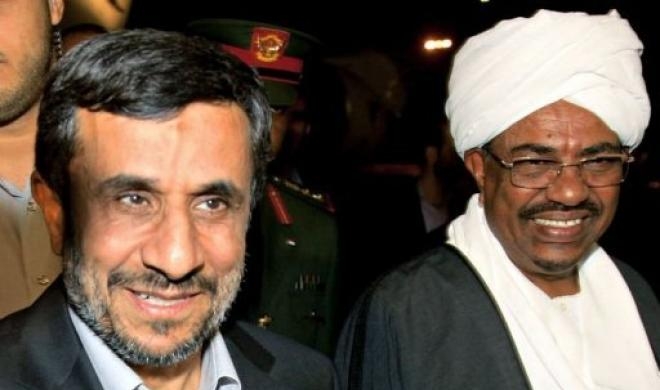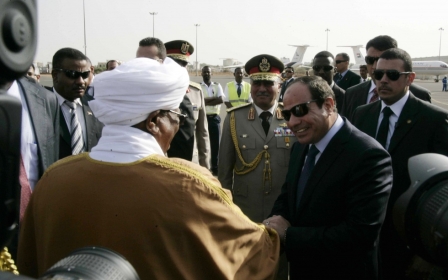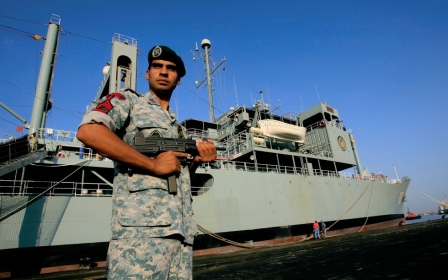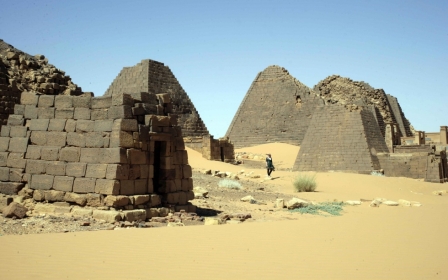Sudan gives Iranian diplomats 72 hours to leave the country

Sudanese authorities closed all Iranian cultural centres in the country on Tuesday, expelling the cultural attache and all other diplomats.
Diplomats working in the country were given 72 hours to leave the country, according to a source who spoke to Arabic news site Arabi21.
The foreign ministry’s official spokesperson, Youssef al-Kordofani, told reporters that Sudanese authorities had been “monitoring the activities of the Iranian cultural centre and its branches throughout the country.”
He accused them of threatening “intellectual and social stability in Sudan.”
The first such cultural centre in Sudan was opened in 1988, and according to their website they used to host university graduation celebrations as well as commemorations for the birthdays of prominent Shiite imams.
They also organised trips to Iran for Sudanese journalists, as well as short story competitions.
The Sudanese Association of Islamic Law later threw its weight behind the decision, calling it “a step in the right direction” towards protecting the unity of the Muslim world, according to the official state news agency Suna.
A statement released by the association, a key institution in the mainly Sunni country, accuses the Iranian cultural centres and the diplomats employed by them of “spreading and preaching the Shiite sect.”
The statement mentions “recommendations” made by the association in May 2013, which affirm the “Sunni nature” of Sudan.
Egyptian broadcaster Ahmed al-Maslamani in August stirred outrage when he alleged that up to 12,000 people in Sudan, mainly students who attended weekly workshops at the Iranian cultural centre, had switched from the Sunni to the Shiite sect.
Sudan and Iran have historically had close diplomatic ties, but an escalating power struggle between two regional heavyweights, Iran and Saudi Arabia, may have left Sudan in the middle.
In August 2013 Saudi Arabia closed its airspace, preventing a plane carrying Sudanese President Omar al-Bashir from completing its journey to Iran for the inauguration of its new president Hassan Rouhani.
An academic specialising in Shiism in Sudan told Arabi21, requesting anonymity, that “the decision was likely issued as a result of internal and external pressures.
“The external pressure comes from Gulf States, especially from Saudi Arabia which is concerned by the Iranian-Sudanese rapprochement.
“Saudi Arabia fears the spread of the Shiite sect on the Western coast of the Red Sea.”
Sudan has previously allowed the docking of Iranian warships in Port Sudan, a harbour on Sudan’s far-eastern coast just 290 kilometres across the Red Sea from the key Saudi city of Jeddah.
Saudi Arabia has stepped up its aid packages to Sudan, delivering four humanitarian projects in 2014 so far.
This adds to the financial aid Sudan has received from Qatar, another key Gulf ally which on Saturday healed its long-time rift with Saudi Arabia, who had accused it of meddling in the internal affairs of other Gulf States.
Middle East Eye propose une couverture et une analyse indépendantes et incomparables du Moyen-Orient, de l’Afrique du Nord et d’autres régions du monde. Pour en savoir plus sur la reprise de ce contenu et les frais qui s’appliquent, veuillez remplir ce formulaire [en anglais]. Pour en savoir plus sur MEE, cliquez ici [en anglais].




